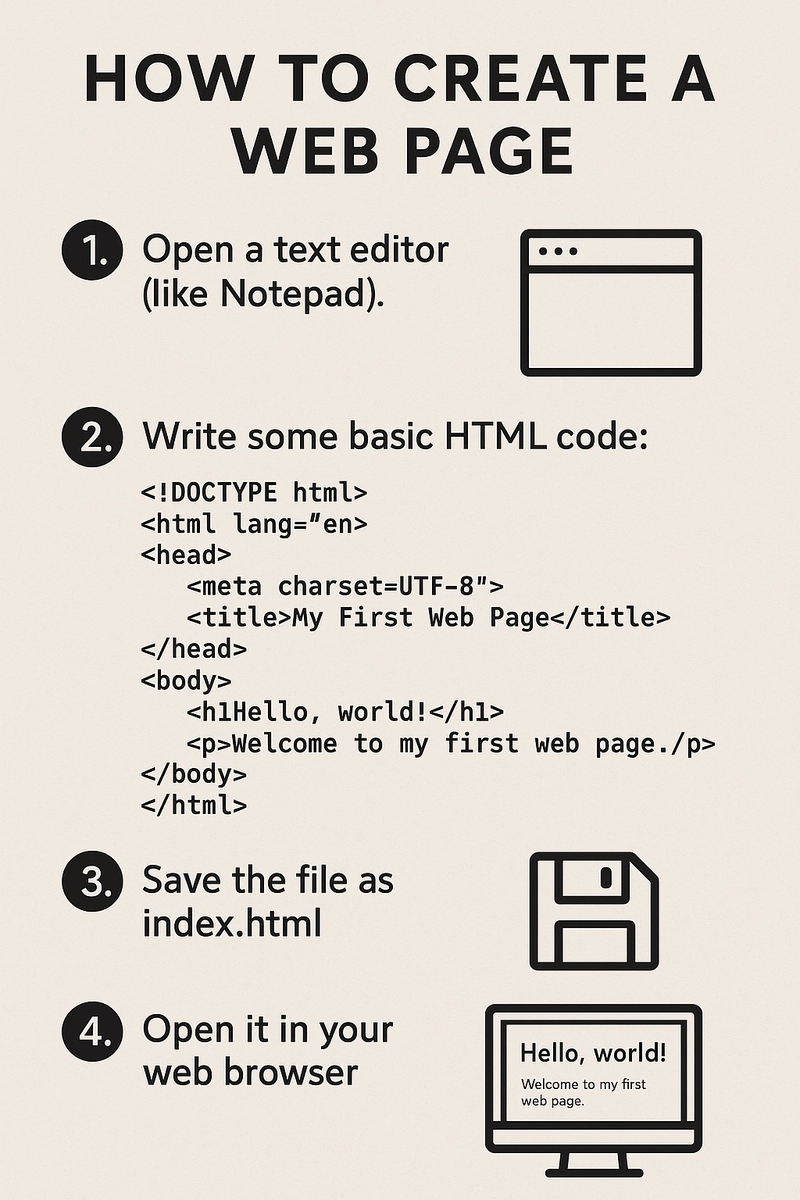What is a Common Mistake in Decision Making Statements? Programmers Must Avoid These Errors
Starting with decision-making statements like if, else if, and switch can be tricky for beginners, but knowing the common mistakes can save you a lot of trouble. Here are some of these mistakes: Many new programmers forget parentheses after an if condition, causing programs to behave incorrectly even if the logic is right. Mixing up the equal sign (=) with the double equal sign (==) can lead to wrong results without any visible error. Skipping curly braces makes it unclear which code belongs to which condition, often causing serious bugs. Confusing greater than and less than signs, and misunderstanding "and" and "or" logic operators, leads to faulty conditions. Writing too many if statements when a switch or else if would work better can make the code messy and hard to fix. Keep practicing step-by-step, test your conditions carefully, and you’ll soon write clean, smart, and error-free decision-making code. To get the complete information about common mistakes in decision-making statements, watch the full YouTube video: Here is the link to “Linux Red Hat Certified Administrator (RHCSA)” at Udemy: Make sure to check out ““Linux Red Hat Certified Administrator (RHCSA)” on our website: The good news is that we will be launching “Red Hat Certified System Administrator (RHCSA) EX200” course on O’Reilly in the end of May. *Thanks and Let’s Keep Learning Together, Team of Imran Afzal *
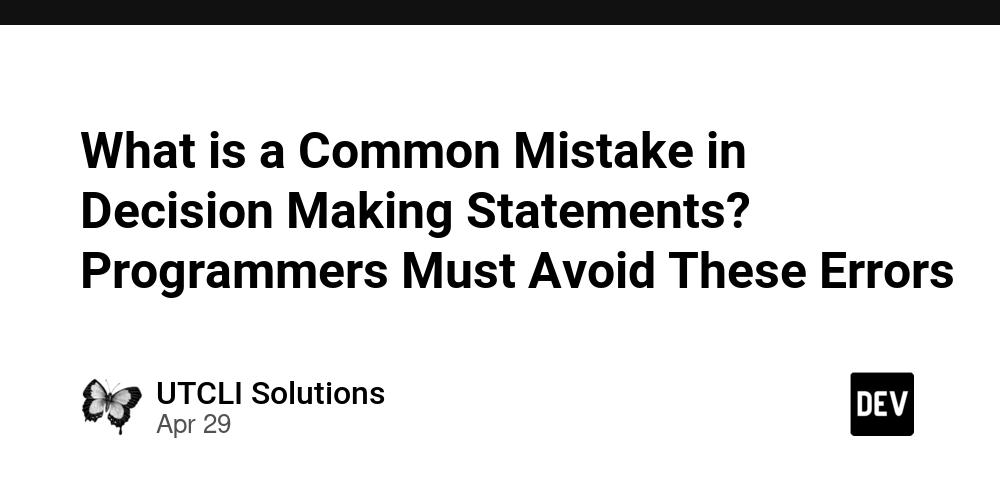
Starting with decision-making statements like if, else if, and switch can be tricky for beginners, but knowing the common mistakes can save you a lot of trouble.
Here are some of these mistakes:
- Many new programmers forget parentheses after an if condition, causing programs to behave incorrectly even if the logic is right.
Mixing up the equal sign (=) with the double equal sign (==) can lead to wrong results without any visible error.
Skipping curly braces makes it unclear which code belongs to which condition, often causing serious bugs.
Confusing greater than and less than signs, and misunderstanding "and" and "or" logic operators, leads to faulty conditions.
Writing too many if statements when a switch or else if would work better can make the code messy and hard to fix.
Keep practicing step-by-step, test your conditions carefully, and you’ll soon write clean, smart, and error-free decision-making code.
To get the complete information about common mistakes in decision-making statements, watch the full YouTube video:
Here is the link to “Linux Red Hat Certified Administrator (RHCSA)” at Udemy:
Make sure to check out ““Linux Red Hat Certified Administrator (RHCSA)”
on our website:
The good news is that we will be launching “Red Hat Certified System Administrator (RHCSA) EX200” course on O’Reilly in the end of May.
*Thanks and Let’s Keep Learning Together,
Team of Imran Afzal
*












































































![Standalone Meta AI App Released for iPhone [Download]](https://www.iclarified.com/images/news/97157/97157/97157-640.jpg)




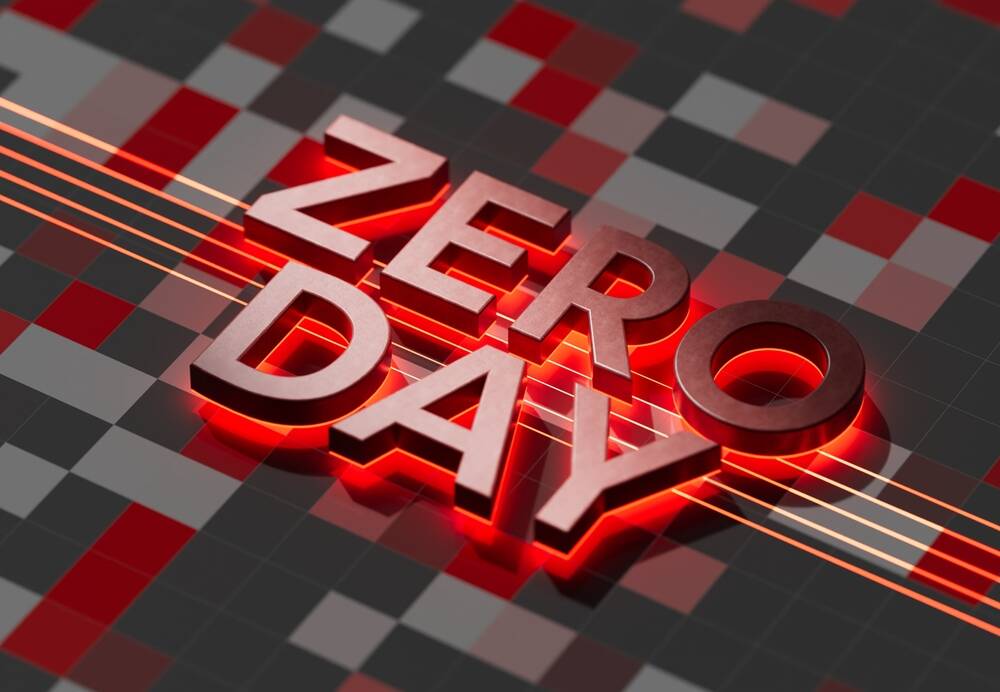


















































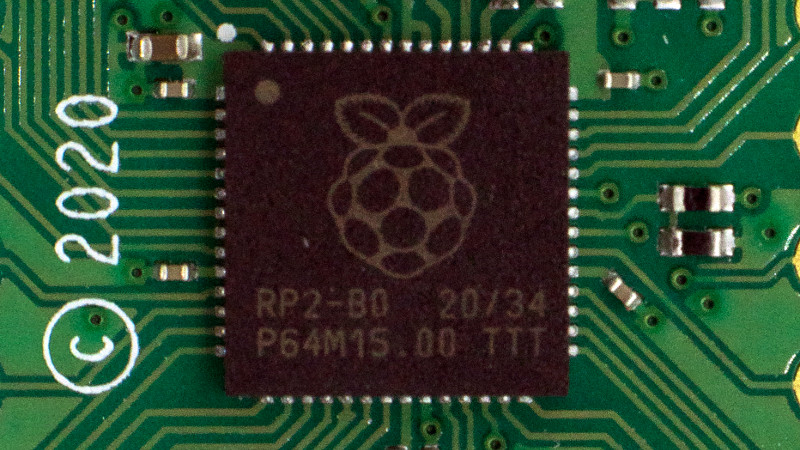



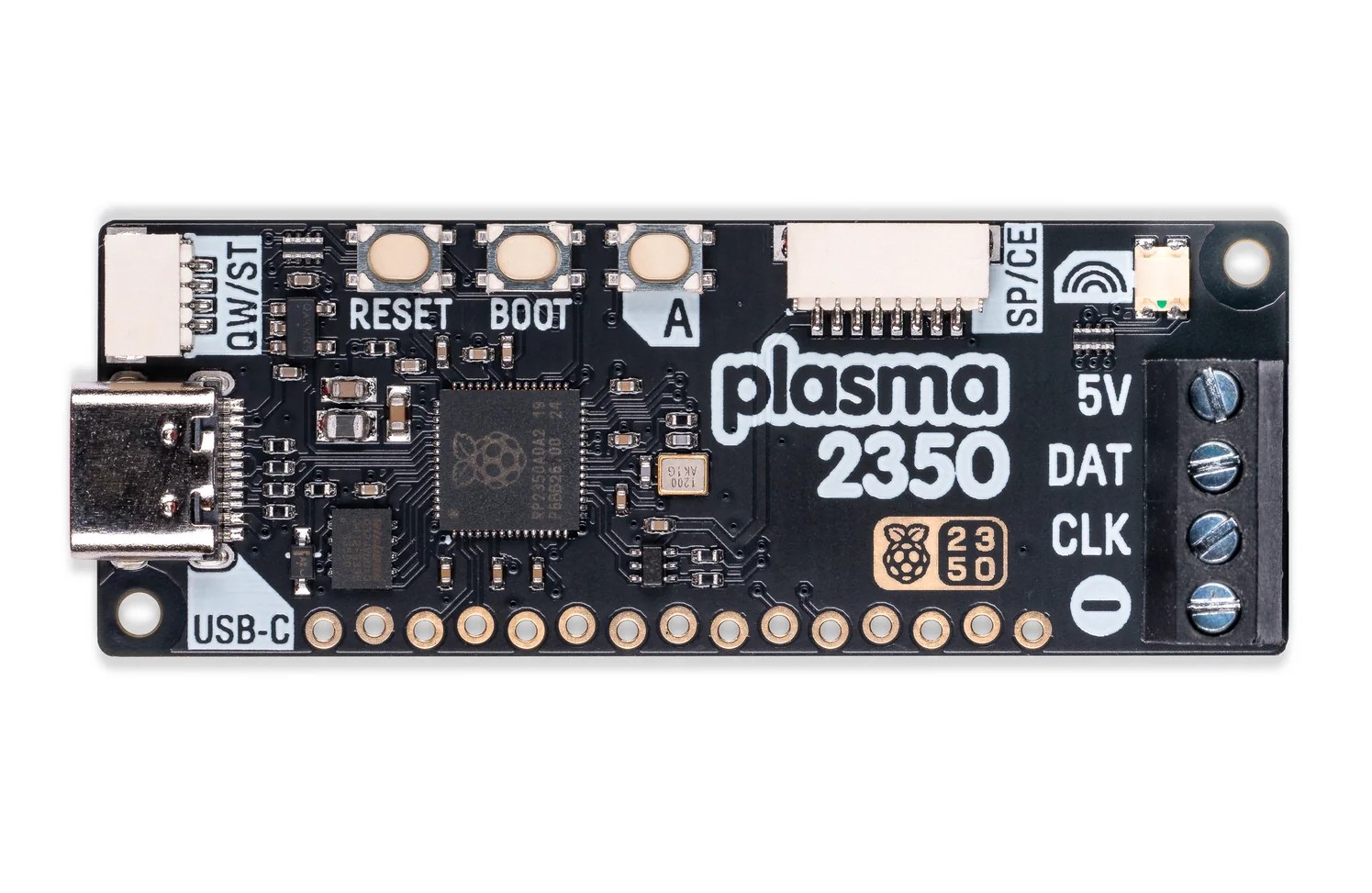












































































































































































![[The AI Show Episode 145]: OpenAI Releases o3 and o4-mini, AI Is Causing “Quiet Layoffs,” Executive Order on Youth AI Education & GPT-4o’s Controversial Update](https://www.marketingaiinstitute.com/hubfs/ep%20145%20cover.png)
















































































































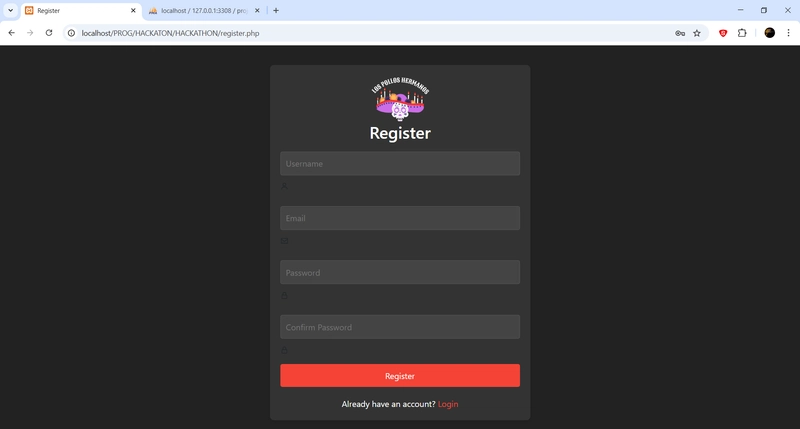





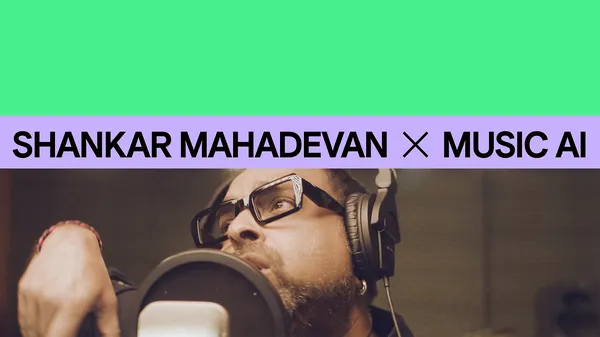












































































.jpg?#)





























































